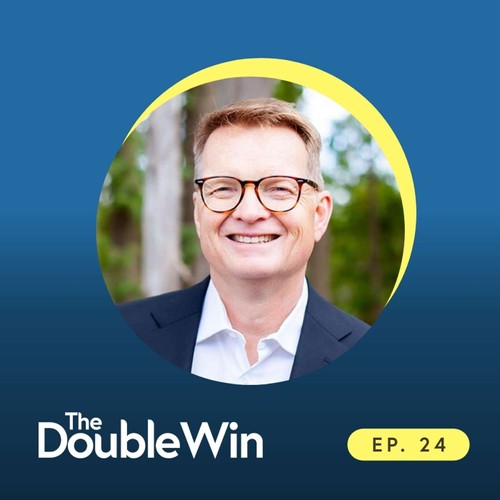
 The Double Win
The Double Win CAREY NIEUWHOF: The Essential Art of Self-Leadership
24 snips
Nov 13, 2024 Carey Nieuwhof, a former lawyer turned leadership expert and podcaster, shares his transformative journey and insights on self-leadership. He discusses the hidden traps of burnout and cynicism, emphasizing the importance of self-examination in preventing mid-grade burnout. Carey advocates for curiosity and genuine relationships, stressing that leaders must prioritize personal well-being amidst overwhelming modern connectivity. His practical strategies for setting boundaries and enhancing productivity resonate with anyone seeking a balanced approach to work and life.
AI Snips
Chapters
Books
Transcript
Episode notes
Self-Leadership is Key
- Self-leadership is the foundation of effective leadership in any field.
- It involves managing your energy, staying healthy, and avoiding burnout to prevent resentment.
Empty Success
- Carey Nieuwhof observed high-earning lawyers struggling with personal issues like divorce and unhappiness.
- This experience highlighted that external success doesn't guarantee fulfillment and that there's more to life.
Unexamined Motivations
- Unexamined motivations can drive you to success, but they can also destroy you.
- It's crucial to examine your motivations for pursuing success and achievement.




